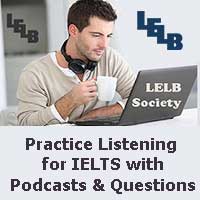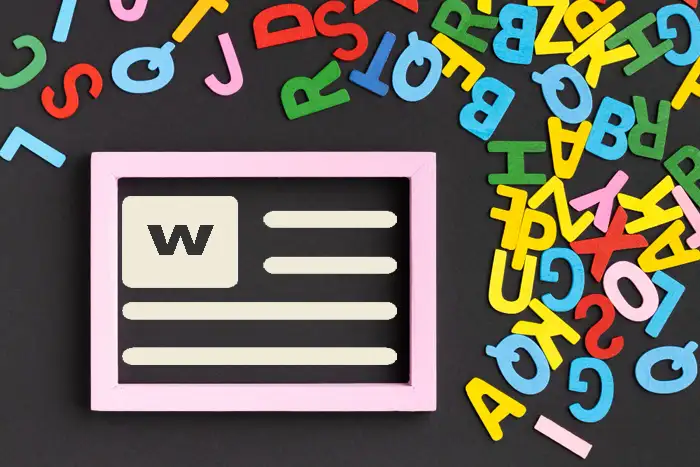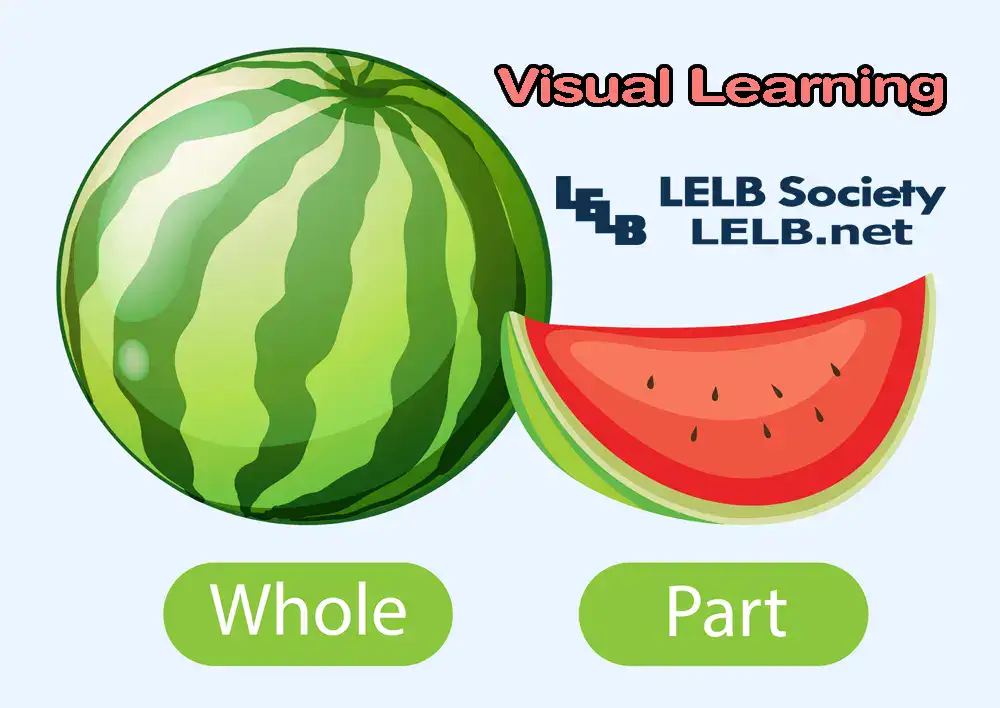Smartphones IELTS Listening Reading Practice
Smartphones IELTS Listening Reading Practice
Selected Text (below 500 words)
Source: https://qz.com/1278770/does-moviepass-know-what-its-doing/
Despite their usefulness, smartphones can be something of a scourge when it comes to getting things done. But it’s not just thumbing away on screens that eats away time. That itch you feel to reach for your pocket every time a phone buzzes or chirps is very real—and very damaging to our ability to pay attention to what we should be doing.
Just receiving a notification distracts people and damages task performance nearly as much as actually stopping to interact with the device, according to a new paper from researchers at Florida State. And setting it on vibrate does almost nothing to lessen the distraction.
The researchers theorized that even when you’re not picking up the phone, you certainly notice it when it vibrates or pings. After receiving that trigger, you start thinking about what it might be, and planning a theoretical response, all of which takes up valuable attention, memory, and overall cognitive bandwidth.
“While message notifications themselves may be very brief, message-related thoughts prompted by these notifications likely persist much longer,” the authors write.
To reach this conclusion, the researchers ran volunteers through a common sustained attention test. They took down the volunteers’ phone numbers when gathering general information before the study, and, without telling them what they were researching or warning them not to check their phones, randomly called and texted a subset of volunteers while they were working on a task.
Even when they didn’t check their phones, people who were called and texted did significantly worse on the task. They were about three times more likely to make mistakes, and were substantially more likely to respond extremely quickly, which tends to indicate that someone is distracted and responding reflexively.
Calls were a bit more distracting than texts for the most part.
The obvious concern here, beyond the fact that we’re all apparently operating in a haze of distraction, is with driving. The magnitude of error and distraction in the experiment was similar to the decrease in performance by distracted drivers when compared to non-distracted drivers, according to the authors.
Best practices urge drivers to wait to answer messages. However, this suggests even knowing there’s a message could be significantly distracting.
It’s not an easy problem to solve. The very reason that a notification is so distracting—that the call might be an emergency—makes people reluctant to shut off their phones entirely.




6. What is the secret behind the designing notifications for social network websites?
This is question No. 10.
9. Why Netflix say sleep is their rival?
Corrections:
Why has Netflix said that ….
Thank you so much
8. What is his position in google company?
Corrections:
It’s better to say “at Google Company”.
7. Which sort of companies try to keep people on their devices?
6. What is his opinion about using smartphones everywhere and how many times people check their phones?
5. Why companies try to keep people on their devices longer?
Corrections:
Why do companies try …?
4. What is the name of the course in which application developers are taught how to develop applications for optimum persistent use?
Persuasive technology design
Precisely!
What does Tristan fell inside after for exampel checking 150 times a day or scrolling with face down and not breathing very much in twenty minutes?
Corrections:
1. How does he feel on the inside…
2. for example
3. with face down :arrow: with his face down
How does Tristan use his phone?
What is the name of movement to align technology with our humanity?
Corrections:
What is the name of “the” movement …